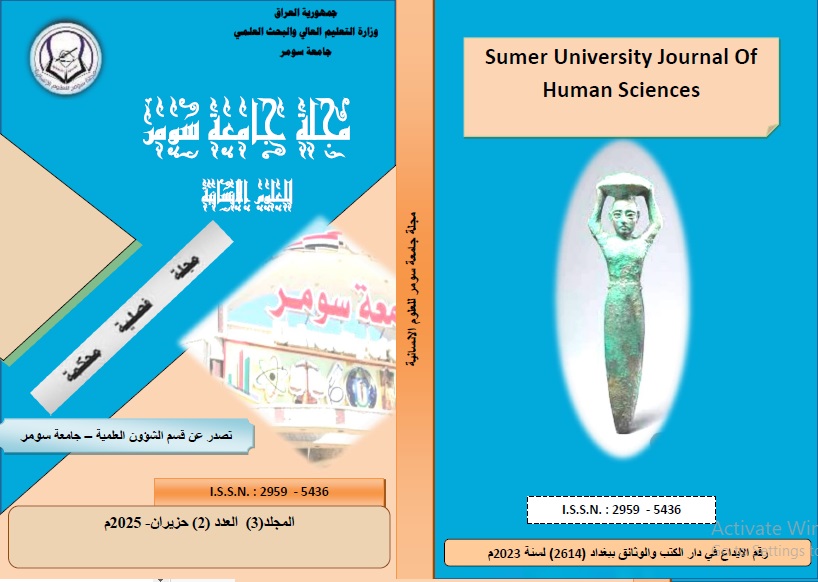Worldly Intercession in Egyptian Society During the Fatimid Era (a study of popular beliefs)
Abstract
The social life of any society reflects the characteristics of the environment in which various classes and groups interact. Depending on the nature of that society, these groups encompass diverse sects that exhibit a wide range of behavioral patterns, intellectual orientations, and religious beliefs. While they may differ in motivations in some areas, they align in others, all operating under the framework of prevailing political and cultural systems. Within the context of these systems and their integration, numerous customs, traditions, and behavioral norms have emerged—some rooted in religious aspects and others in broader social contexts .
A particularly noteworthy trait of the Egyptian personality, dating back to ancient times, is the formation of a clear conception of the individual’s country, government, and the prevailing intellectual customs of the era. This study explores
the phenomenon of worldly intercessions—both spiritual and temporal—within Egyptian society during the Fatimid period (297–567 AH / 909–1171 CE), as part of the social history of popular beliefs. These practices were characterized by a widespread belief in the power of certain individuals or sacred symbols (such as saints, imams, and shrines), as well as material objects (such as amulets and incantations), to bring about worldly benefits including healing, provision, and protection from harm .


